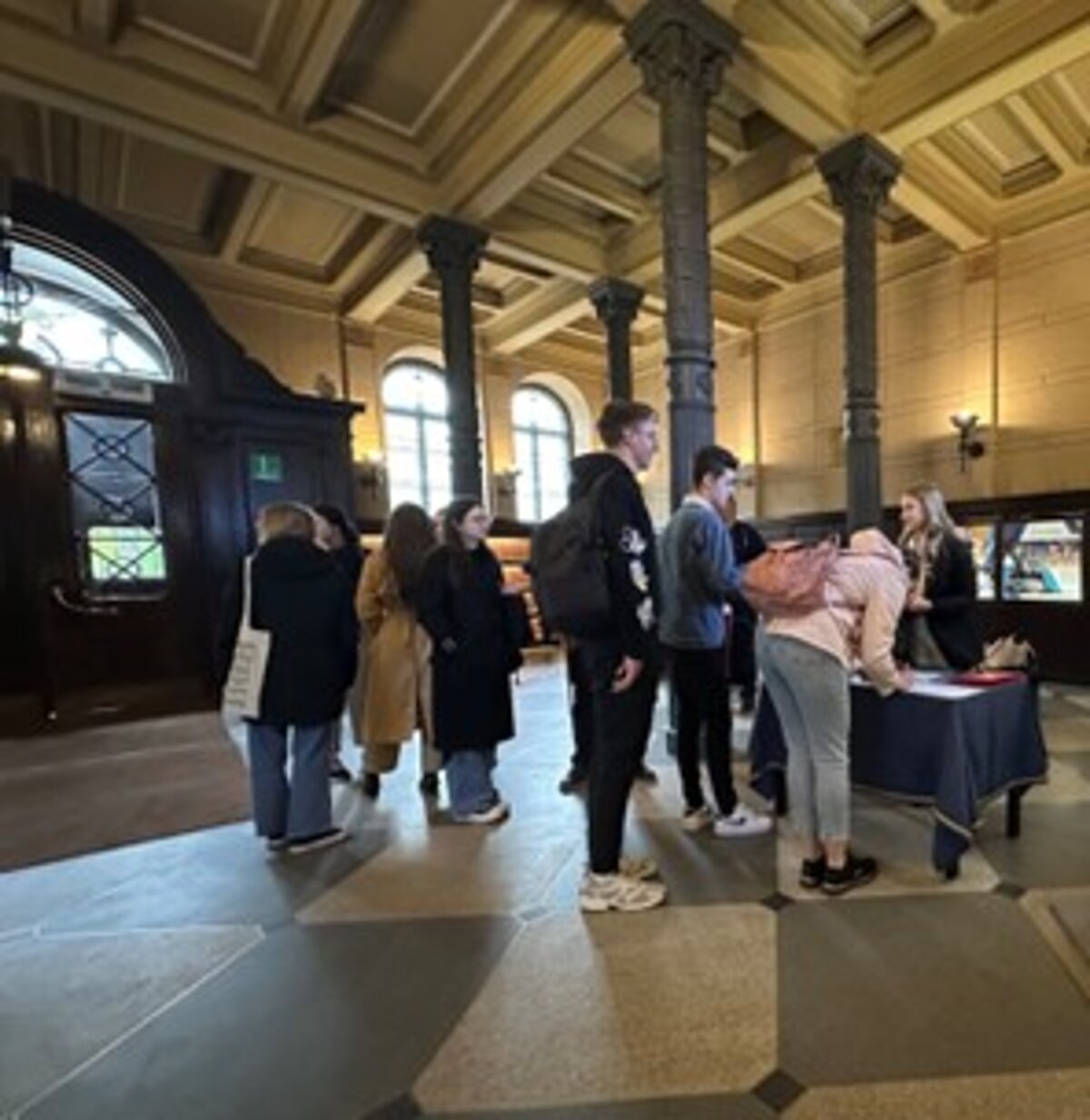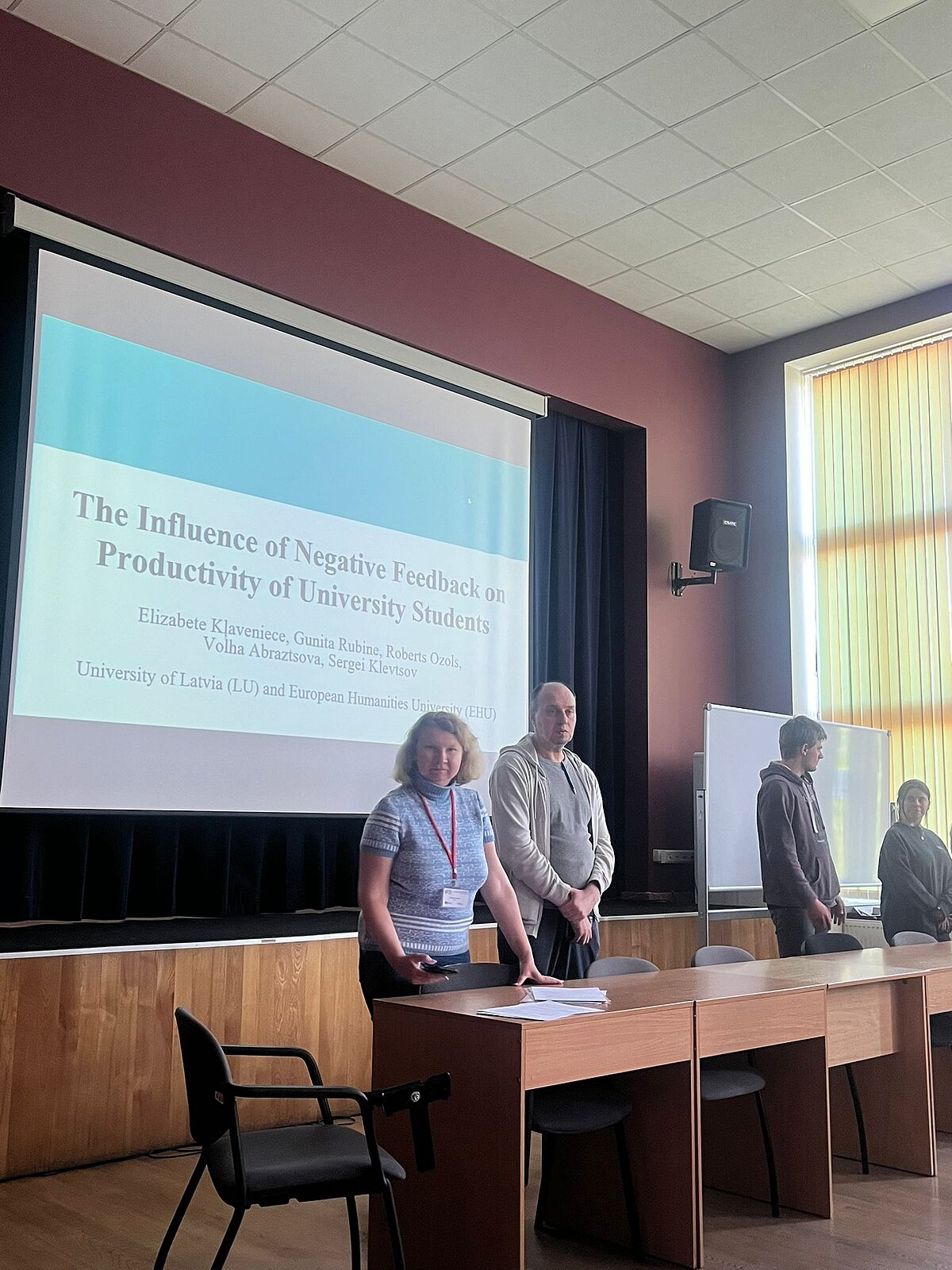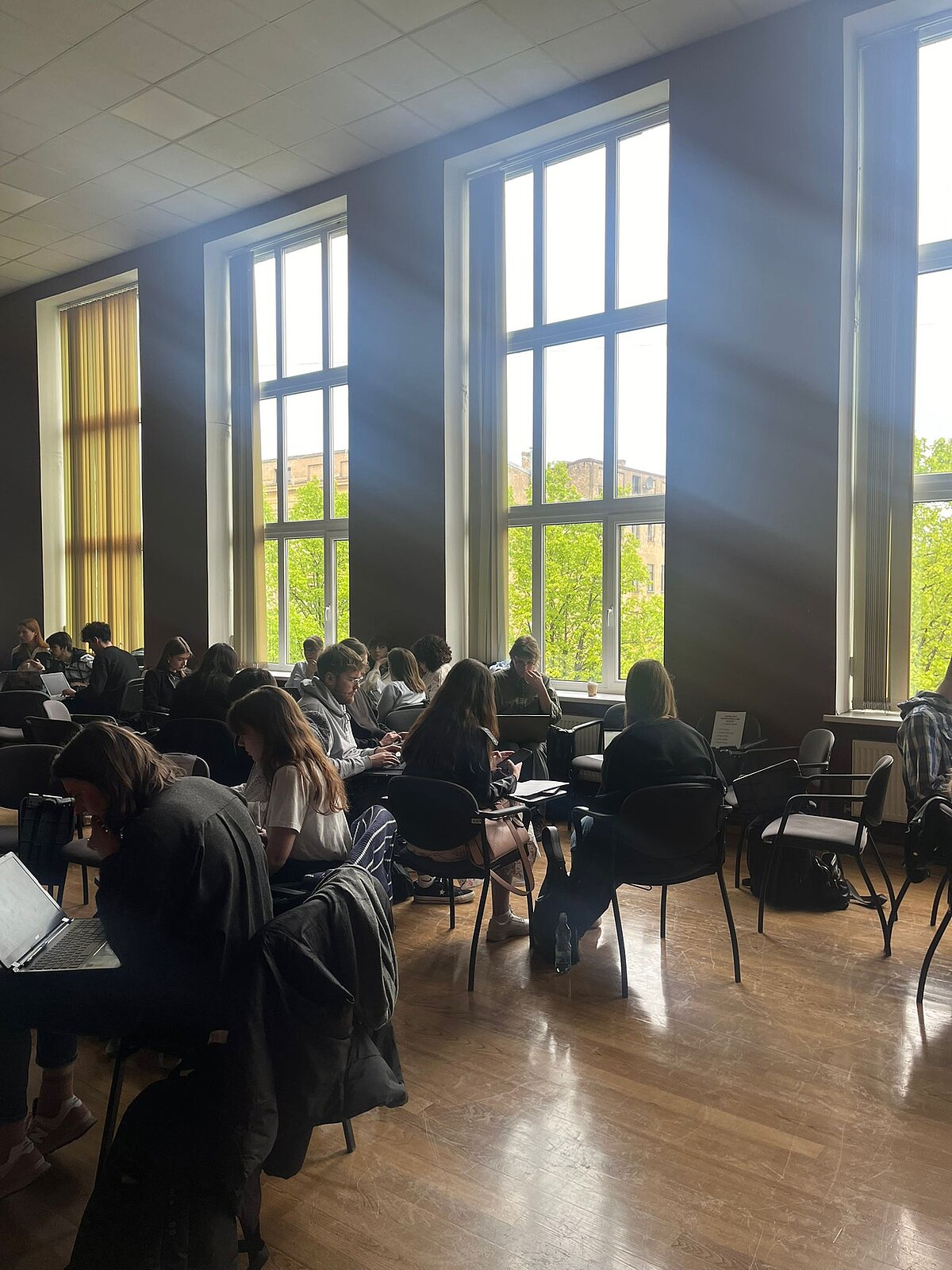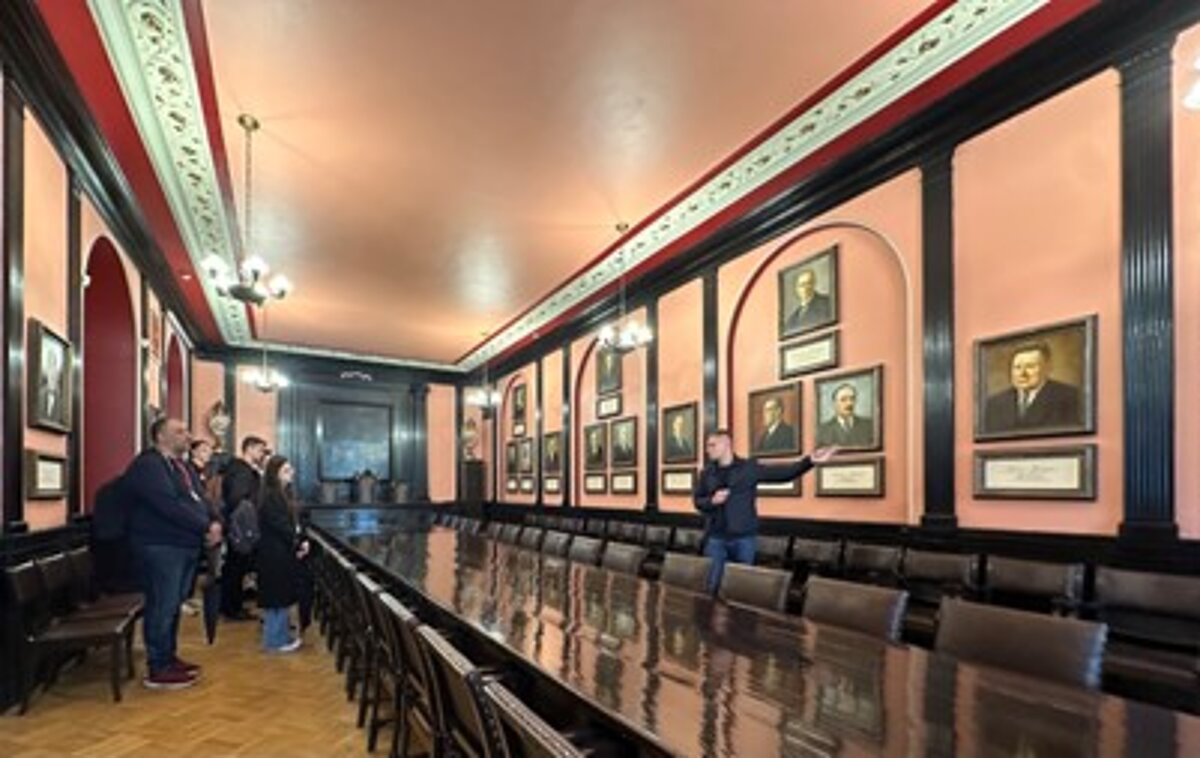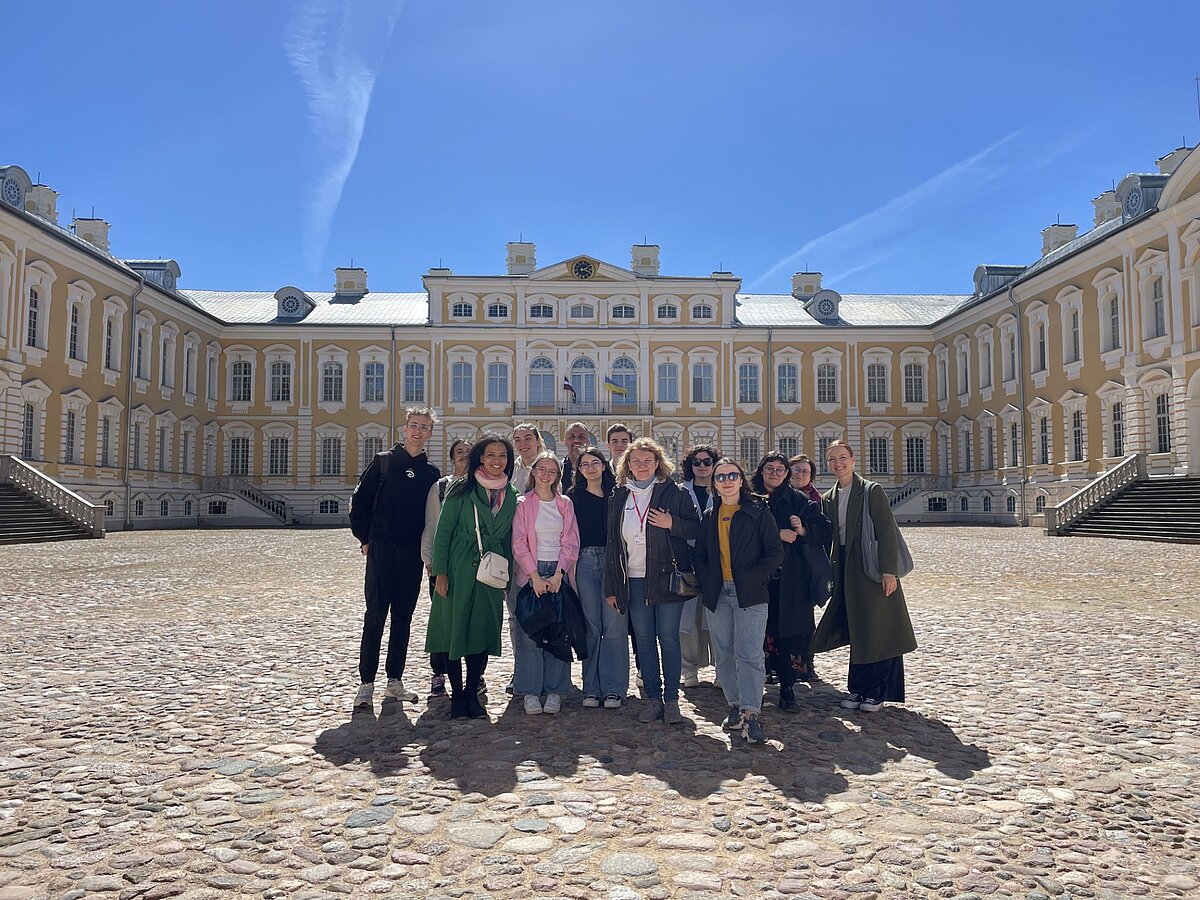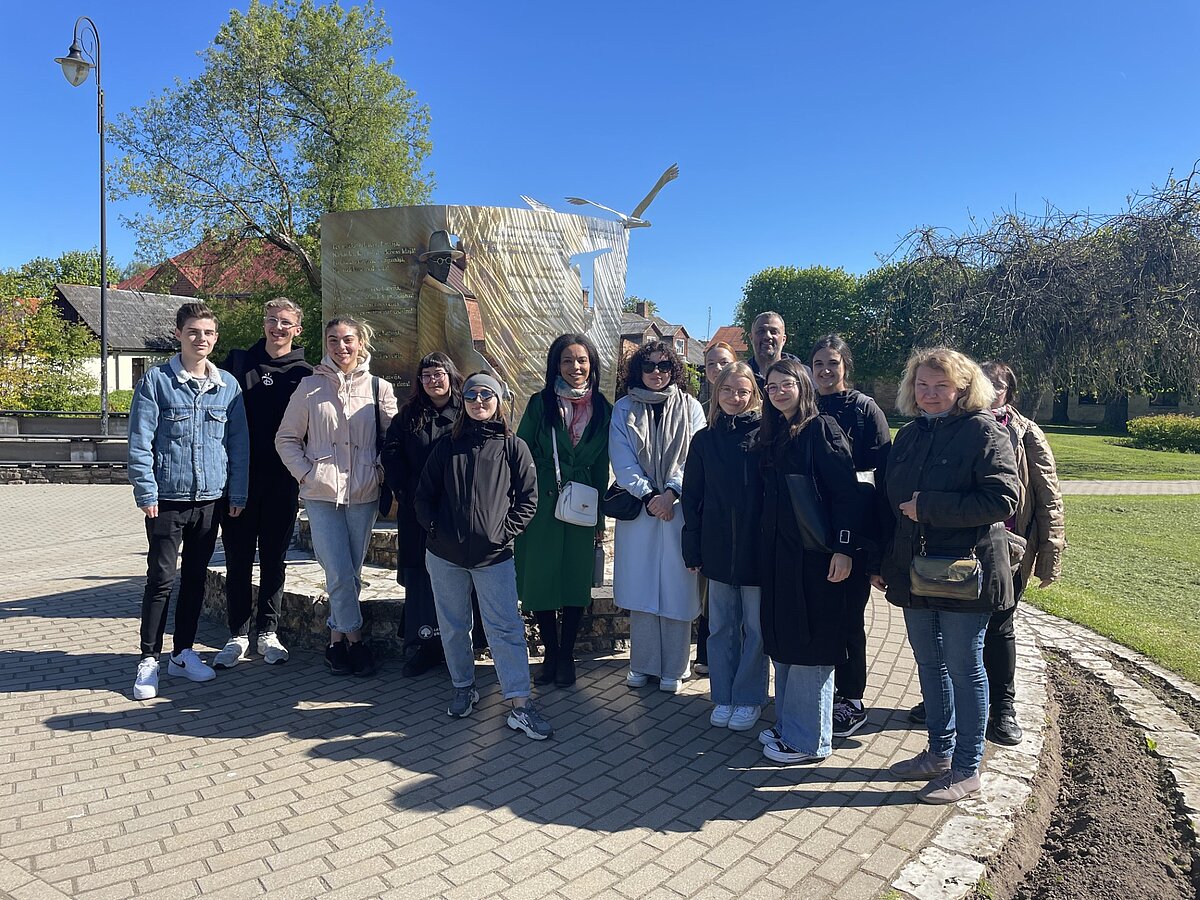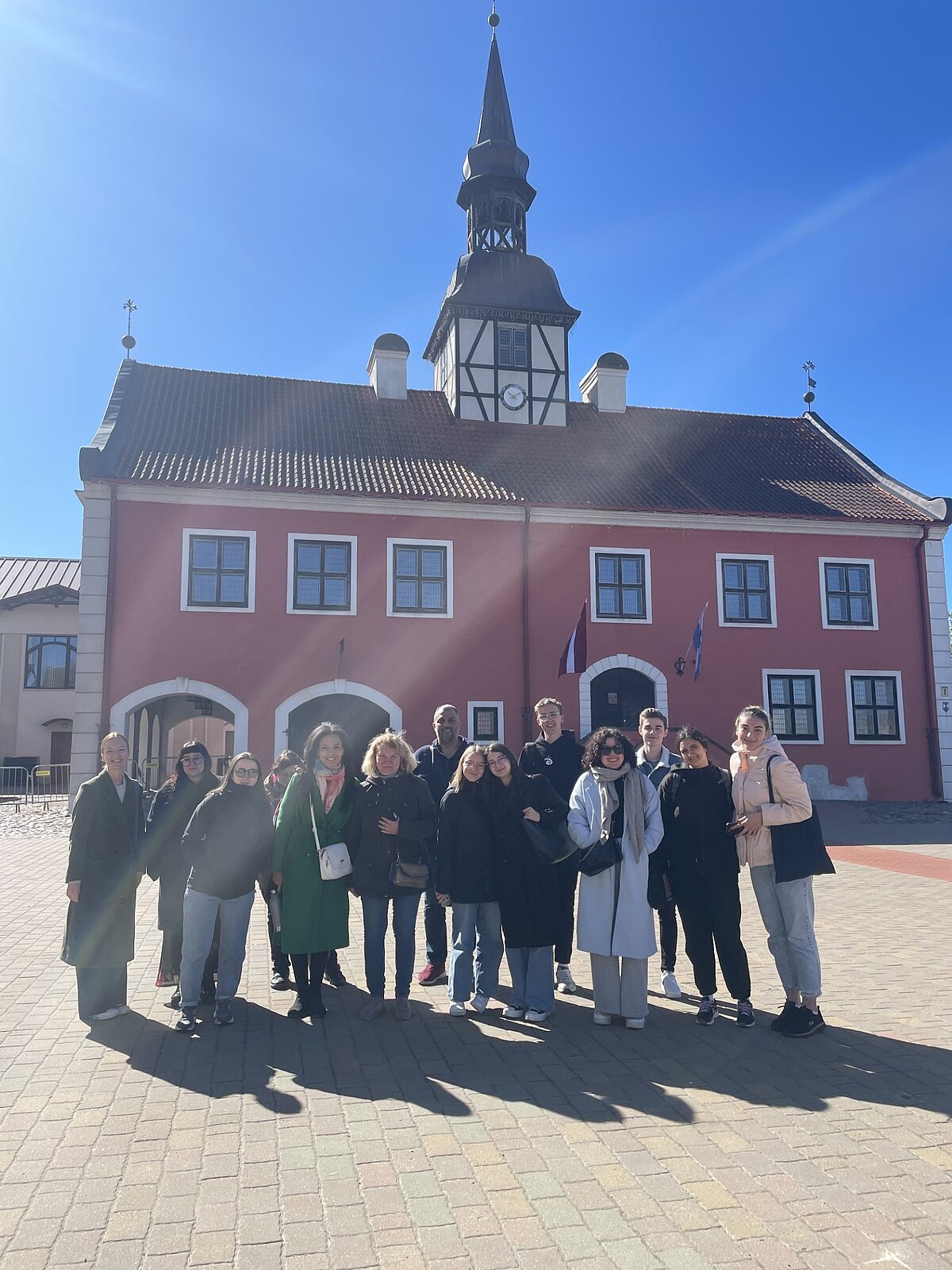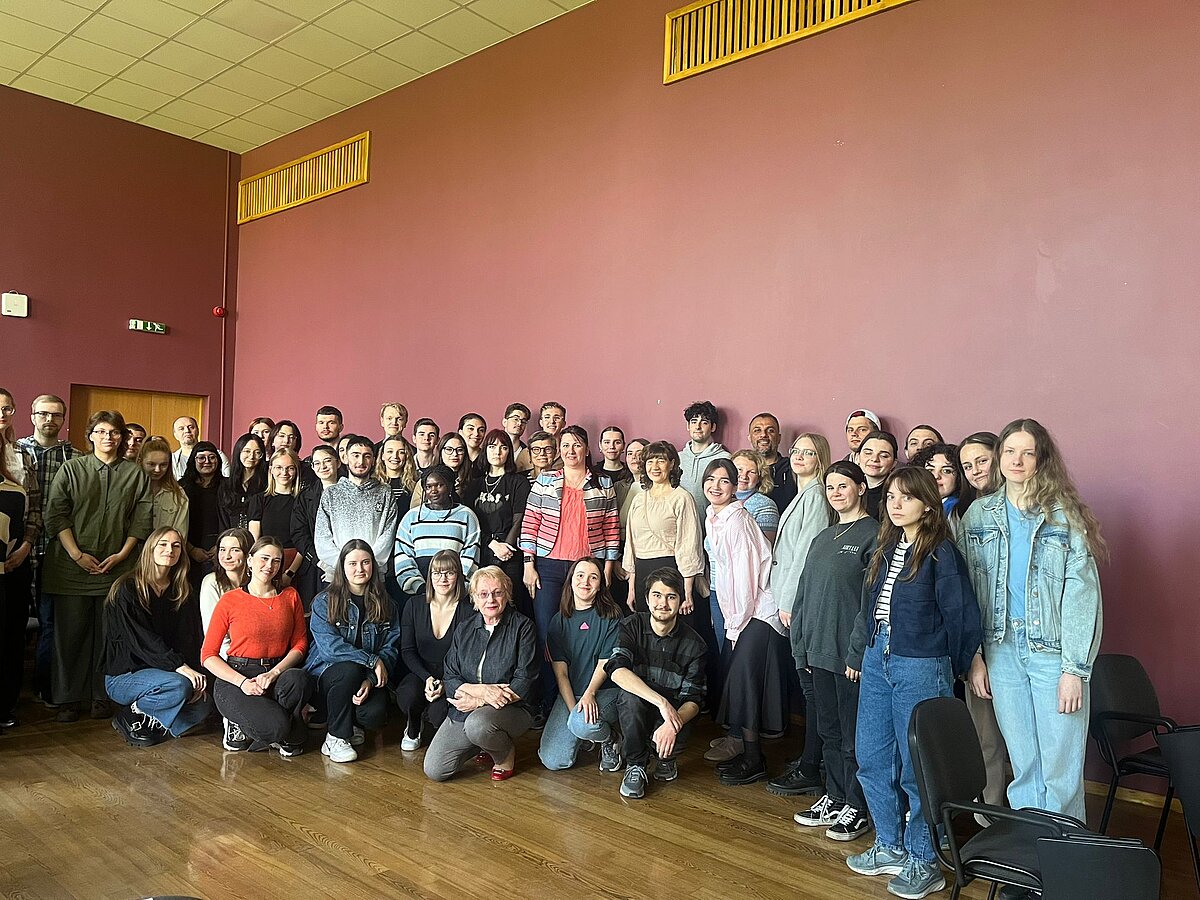
The initial phase of the programme was held online, while the face-to-face phase was organised by the UL Faculty of Humanities, facilitating face-to-face interaction and hands-on experience.
During the online lectures, students discussed the diversity of research in the humanities, the ethical aspects of research, the use of research methodology and methods in the humanities, research design, literature review and publication drafting. Participants gained skills in the use of electronic resources and databases for research purposes, learned about new trends in digital humanities, and the use of digital tools and artificial intelligence in research.
The face-to-face phase of the programme kicked off with the 6th International Symposium on Language for International Communication (LINCS) and a post-symposium round table discussion on the potential contribution of the humanities to the climate change discourse, and the benefits students have gained from LINCS participation.
The on-site work was organised as research stations, where mobility students had the opportunity to interact with the second-year students of the English, European Languages and Business Studies programme at the Faculty of Humanities, to conduct and present research on different aspects of communication, such as communicative misunderstandings, how to deal with negative feedback, extralinguistic means of communication, overcoming interruption or silence, and mass communication.
Participants got to know Latvian culture by visiting various museums and major sights in several cities, such as Rundāle and Bauska, as well as going on excursions organised by UL students to explore the centre of Riga and the Old Town.
What do the mobility participants think about the Research Skills Booster and their time in Latvia?
Ana Inês Pires (Portugal): “The BIP mobility was a completely new experience for me. Although everything was a bit surprising and confusing at the beginning, it was nice to see that all our hard work paid off. The opportunity to meet other mobility participants has definitely eased the confusion.”
Noémia Cá (Portugal): “I think the programme has a great replication potential. The attitude and help we received from the students at UL when we were in Latvia was very nice. I think the programme could be further enhanced with even more varied academic activities during the face-to-face phase.”
Camelia-Nicoleta Ștefănuță (Romania): “The mobility experience in Riga was incredibly enriching. It gave me a unique opportunity to interact with students from different cultural backgrounds and gain insight into their culture and approach to doing research presentations. The symposium where researchers presented their work was inspiring, as it definitely helped me to expand my knowledge on current research methodologies. My favourite part was preparing and presenting our own research presentations to our fellow students and coordinators. It was by far a challenging, yet rewarding experience, that boosted my confidence significantly.
Moreover, during my stay in Riga I had the opportunity to discover the rich cultural heritage of the city. All in all, it was a wonderful experience that not only helped me to improve my research skills but also helped me to make new friends and learn more about their cultures.”

 LU konference
LU konference